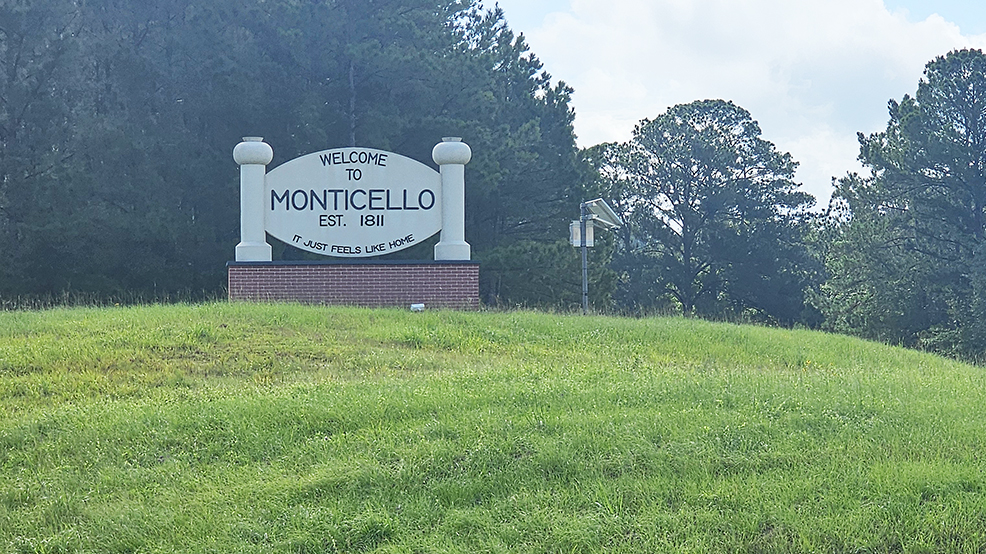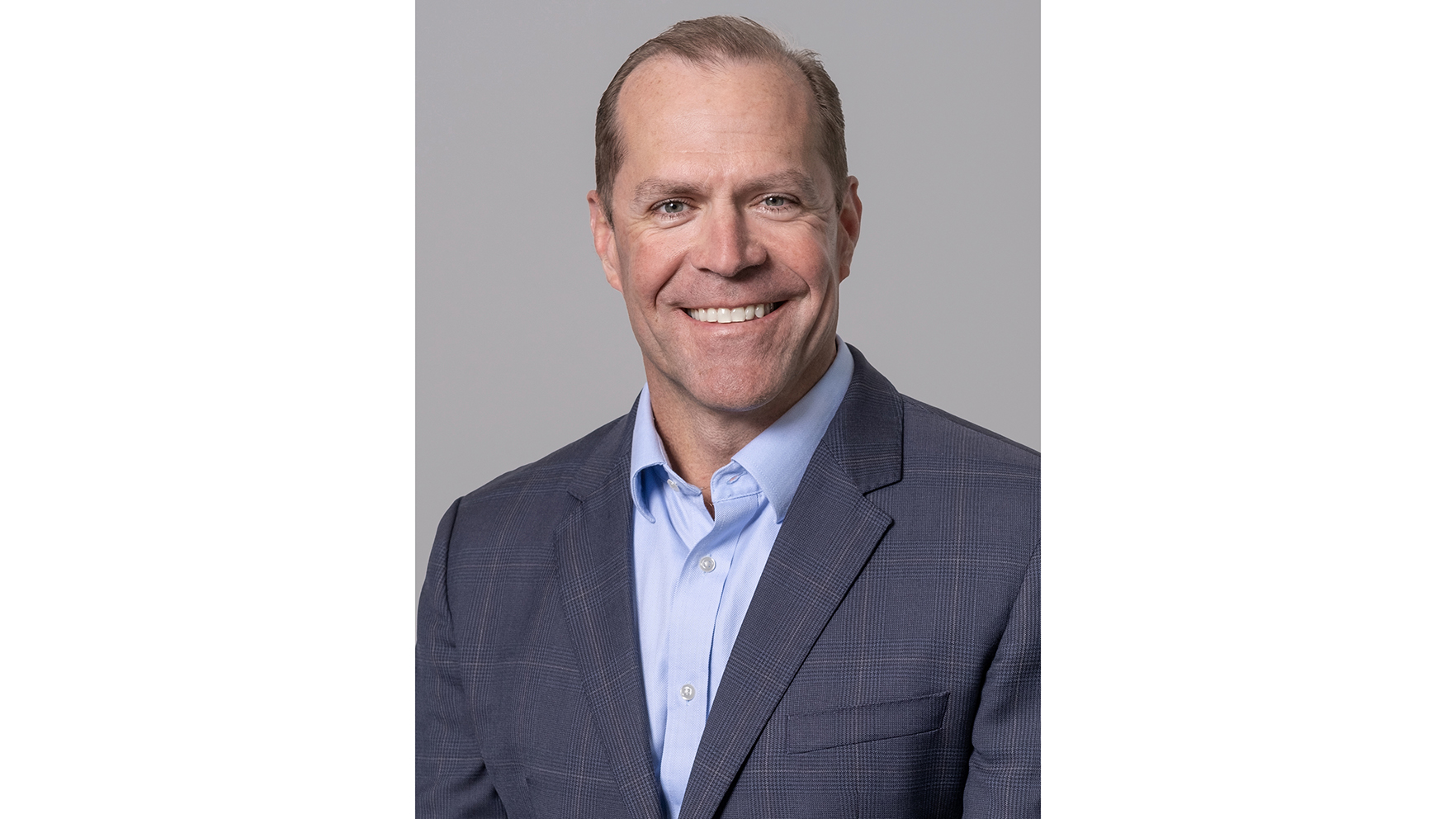Supervisors to discuss medical marijuana with public March 30
Published 11:00 am Saturday, March 12, 2022

- METRO
Lincoln County supervisors don’t want to make a mistake when it comes to medical marijuana. They don’t want recreational use to become a norm, and though they agree that medical patients needing pain relief should get it, the supervisors aren’t sure whether Lincoln County should be in the pot business — any kind of pot business.
“I don’t want anything to do with it,” District 1’s Jerry Wilson said time and again at board meetings. “But the people voted, so ….”
That’s where the supervisors find themselves now — working to decide on exactly what “the people” voted on and if they actually understood the ramifications.
Trending
“People tell me all the time that they aren’t even sure of what they voted on,” District 3’s Nolan Williamson said Thursday.
In November 2020, Mississippi voters overwhelmingly passed Initiative 65, agreeing to a state medical marijuana program. The result was somewhat surprising considering the muddled way the initiative was worded on the ballot. But even after an issue with the state Supreme Court that put everything on hold, the process kept moving along until presented to the governor, who signed the Mississippi Medical Cannabis Act into law this year.
This is all good news for cultivators, so-called middlemen and the suffering patients who describe such a relief from the use of marijuana products.
Good for business
It’s also good for business.
Trending
Medical marijuana products will fall under the state’s existing 7 percent sales tax. Supply stores are already on the rise in the country — and one will open up in a former 40,000-square-foot restaurant supply warehouse near Jackson.
Cultivators will be able to sell their crop to the highest bidder. They just have to ensure they follow federal and state laws, which include growing in a contained area and ensuring all documentation of their production is up to date. For communities that opt out, patients can go elsewhere to purchase and can legally bring their products back into their opted-out community.
Dispensaries will pay taxes as well as make a profit. The law said that medical cannabis products will include cannabis extracts and flowers; edible and topical cannabis products such as oils, tinctures, suppositories and ointments. Mississippi Today reported that “large cultivators with more than 100,000 square feet of growing space will have to pay a $60,000 application fee and $150,000 annual license fee. Dispensary business owners … will have to pay $15,000 to apply for a license to sell and an annual fee of $25,000, regardless of the businesses’ size.”
Other businesses that will probably pop up include high-end security and transportation services and waste disposal companies. Each one brings new tax dollars to the people of the county that oversees these entities.
Patients will be able to legally buy a little relief. When, on Feb. 2, Gov. Tate Reeves signed legislation legalizing medical cannabis, the new law promised that sufferers of certain disorders and diseases could treat their symptoms with “medical cannabis.” Those diseases include AIDS/HIV, ALS, Alzheimer’s disease, autism, cachexia or wasting syndrome, dementia, cancer, chronic pain, Crohn’s disease, hepatitis, Huntington’s disease, muscular dystrophy, Parkinson’s disease, post-traumatic stress disorder, sickle-cell anemia, seizures, severe or intractable nausea, severe and persistent muscle spasms, and ulcerative colitis.
Proponents say that Mississippi voters voted this in already and it’s time to plan, but naysayers say they can’t see past their worry about “recreational marijuana” slipping into mainstream acceptance. Many see the new bill as a letdown to the historically taught “good people don’t smoke marijuana” attitude. It’s a strong mind-set to break and it’s the mentality many medical marijuana supporters want to change. They want opponents to see medical marijuana as a better choice than opioids ever were.
“I’m not some guy who came from California to make a quick buck off someone who wants to get high,” said Jason McDonald, a Lincoln County cultivator who lives and works on East Lincoln Road, at a meeting of the Lincoln County Board of Supervisors March 7. “I’m from here. My dad’s from here. We are from here.”
“This is not about helping someone get high. This is about helping someone in terrible pain. Most of the people we are trying to help are bedridden. They are in excruciating pain,” he said. “And if I can make money off cultivating the product, so what? There is nothing wrong with working and making a living. I just happen to do it cultivating plants for medical marijuana.”
How many such patients are there, Board President Doug Falvey asked McDonald. “Do you know how many in the county are in that situation?”
Dudley Lampton Jr., who was a visitor at the meeting, said he knew of about 20 patients so far who could qualify for medical cards for medical cannabis.
Options on opting out
Pass Christian and Ridgeland are two cities that have opted out, with its aldermen saying they wanted to see what other cities do. Brandon opted out on Monday.
During a meeting March 10, Lincoln County supervisors discussed whether to have a special meeting for the public where everyone attending could talk about the issue. Then they could decide whether to opt in or opt out.
Williamson said he was for having a meeting “so that our constituents know I’m not for this marijuana. Our health department has been cut to the bone — they will have to deal with this. Are they going to have to hire more people? Can they hire more people?”
Falvey said he was for helping people who are suffering, but he’s not sure that the program can be regulated as well as proponents say it can. “If it was just about medical marijuana, I’d be on board if it helped someone. But I’m just not sure [about the project as is].”
Falvey added that if the board opted out, they could always opt in at any time, but the reverse is not true. “Let’s have this meeting to talk about that,” he said. Cities and counties have until May 1 to decide whether to participate.
Both District 4’s Eddie Brown and Wilson said they thought that the board should just let the May 1 deadline pass by without any movement on the board’s part, but they weren’t specifically against a special meeting.
In order for a community to opt back in, community members merely need to produce a petition.
“If you opt out, all we’d need are 1,500 signatures to [overrule that, so …,” McDonald said to the supervisors March 7. “I just hate that Lincoln County will not benefit at all from the manufacture and sale — however they come up with selling it. I don’t care how they sell it — I’m a cultivator and I’ll either cultivate for the people of Lincoln County or sell it to the neighboring counties that are already opting in.
“But there are people in this county who should be able to get medical marijuana when they are prescribed it, and they will — over the county line to a county that allows it. That’s money out of the pockets of Lincoln County.”
As for employers in the area, the good news is that the new medical cannabis law contains many favorable provisions for them, specifically the following:
- Employers don’t have to let employees use medical cannabis at work and don’t have to modify any job/working conditions because of said use.
- Employers can refuse to hire or can seek to discharge an individual in whole or in part of individual’s medical use of medical cannabis.
- Employers can establish and enforce drug testing policy.
- Employers may discipline employees who use medical cannabis in the workplace.
- The law does not interfere with federal requirements/regulations such as the U.S. Department of Transportation’s drug and alcohol testing regulations.
- Employees can’t take legal action against an employer who refused to hire them or keep them employed due to use of medical cannabis.
- Employers and their workers’ compensation carriers don’t have to pay for or reimburse an individual’s costs associated with the medical use of cannabis.
- The law does not affect, alter or otherwise impact the workers’ compensation premium discount available to employers who establish a drug-free workplace program in accordance with Miss. Code Section 71-3-201 et seq.
- The law does not affect, alter or otherwise impact an employer’s right to deny or establish legal defenses to the payment of workers’ compensation benefits to an employee on the basis of a positive drug test or refusal to submit to or cooperate with a drug test, as provided under Miss. Code Sections 71-3-7 and 71-3-121.
- The law says the medical use of cannabis doesn’t absolve a person who acts with negligence, gross negligence or recklessness in the work place.
- The law prohibits smoking and vaping medical cannabis in a public place or in a motor vehicle, and does not allow use while driving a motor vehicle.
- The law does not create a private right of action by an employee against an employer. Mississippi employers should review the law to determine whether any revisions to drug and alcohol testing policies or other workplace policies will be necessary.
Falvey told the board March 10 he heard that it seemed the people of Oklahoma and Colorado now feel opting in on legalizing marijuana was a mistake. It’s something he’ll likely bring up March 30 at 9 a.m. when supervisors will open their doors to the public so the issue can be discussed with constituents available to voice any concerns.
Only then will supervisors make a decision on which direction to take.





